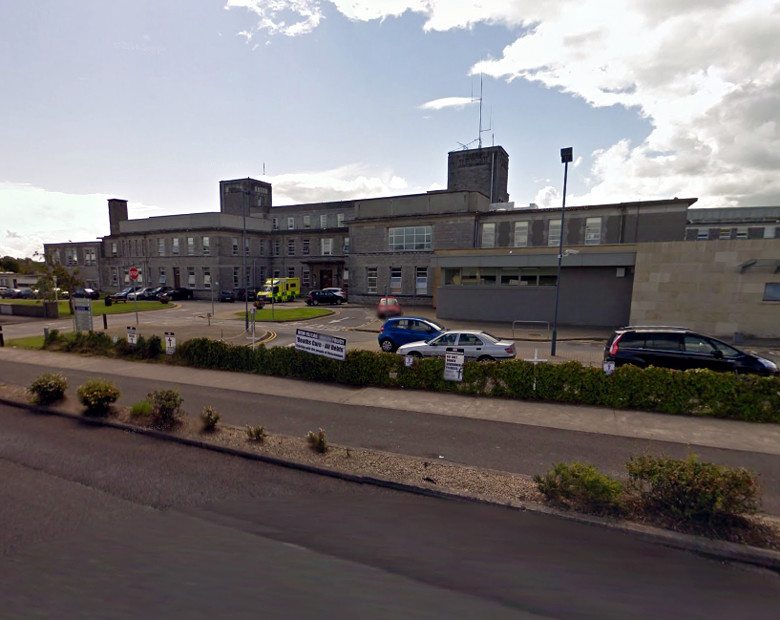
Over 2,200 people are waiting on a first appointments at Roscommon Hospital and 1,200 people are waiting for Inpatient/Day Procedures at the Hospital according to the latest monthly figures from the National Treatment Purchase fund.
A breakdown of the Inpatient/Day figures for Roscommon Hospital shows that:
– 1,080 People are waiting on “Plastic Surgery” procedures, and over 30% are waiting over six months
– 92 are waiting for Vascular Surgery and almost 45% are waiting over six months
– 11 are waiting on Urology procedures
– 25 are waiting on General Surgery
A breakdown of the Consultant Appointment Waiting lists for Roscommon Hospital shows that:
– 623 are waiting for to see an Ear Nose and Throat Consultant and 60% are waiting over six months
– 401 General Medicine and almost 60% are waiting over six months
– 300 General Surgery
– 282 Plastic Surgery, and over 40% are waiting over six months
– 260 Orthopaedics
– 170 Urology
– 137 Vascular Surgery
– 69 Endocrinology
– 7 Respiratory Medicine
Looking at the hospitals in the Region, which many Roscommon patients are referred to, Galway University Hospital has Inpatient/Day Case waiting lists of 10,605 – the longest in the country, while Portiuncula Hospital, Ballinasloe has the least number of people waiting for treatment with 155.
Between Galway University, Portiuncula, Mayo General and Sligo General Hospital almost 50,000 people are on Outpatient Waiting Lists.
Commenting on the news Roscommon-Galway Independent TD Michael Fitzmaurice said “(it) is further evidence of a deepening crisis and it is a problem that has to be tackled in a meaningful way once and for all by the new Government.”
“It is a scandal that almost 490,000 people are on waiting lists at the moment and we have got to address this problem seriously. There is no quick fix but there are a number of things that can be done. Here in Ireland we spend 2.8% of our health budget on primary care while the norm in other European countries in 10% to 14%. We can seriously reduce the pressure on our hospitals and A and E units by increasing the amount we spend on primary care. If the new Government committed to a 2% increase in spending on primary care per annum over 5 years it would make a huge difference as specialist nurses, Physios and other care workers could be employed in the primary care sectors to carry out a lot of the procedures currently being done in hospitals. Many private GP’s have facilities for scans which are currently being carried out in hospitals and this must be explored as well for future treatment.”
“There are other options such as the revival of the National Treatment Purchase Fund that would see patients who are a long time on waiting lists treated in private hospitals. Consultations at public hospitals should be available from 8am to 8pm which would also shorten waiting lists, and if extra consultants need to be recruited then let that become a reality. We have to think outside the box and be creative in solving this scandal once and for all and it is possible to do it with some creative thinking on behalf of all the stakeholders involved. The time for talking is over on this issue. We have to act now” he concluded.

